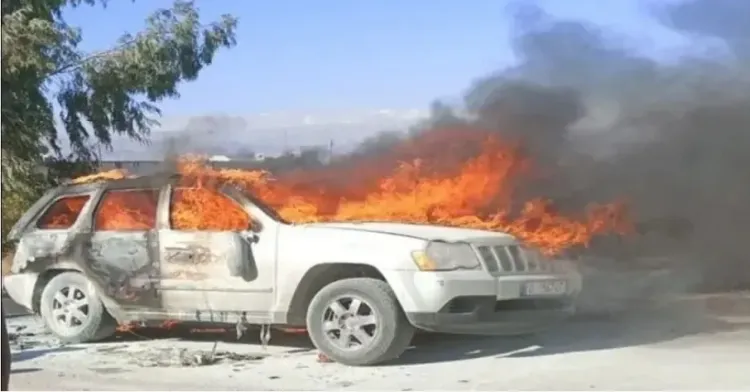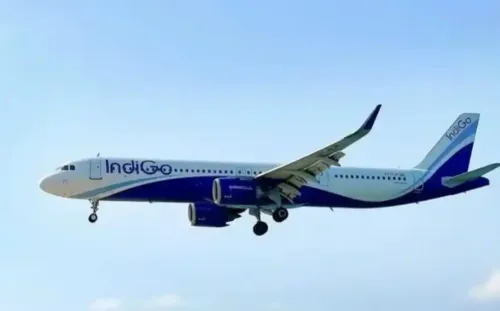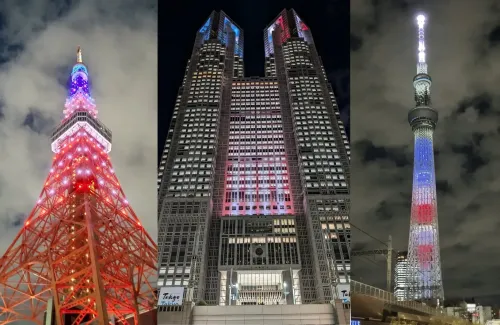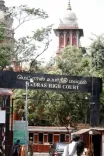What Happened Following Israeli Airstrikes in Lebanon?

Synopsis
Key Takeaways
- Four fatalities and two injuries reported from airstrikes.
- Targets included Hezbollah members and a Syrian national.
- Israeli military confirmed the strikes as part of ongoing operations.
- Lebanon condemns the strikes as violations of ceasefire.
- UN reports over 100 civilian deaths since the ceasefire began.
Beirut/Jerusalem, Oct 27 (NationPress) Four individuals lost their lives and two others sustained injuries in distinct Israeli airstrikes across southern Lebanon, according to media outlets.
The nation’s state-owned National News Agency reported on Sunday that Israeli drones and military aircraft targeted multiple vehicles in both southern and eastern Lebanon.
Security sources disclosed to Xinhua news agency that among the deceased, three were members of Hezbollah, while the fourth was identified as a Syrian national.
In a statement, the Israeli military confirmed it executed two rounds of strikes on Sunday, resulting in the deaths of a Hezbollah official and a suspected weapons smuggler associated with the group, as reported by Xinhua.
The strikes impacted the towns of Zawtar, Qlaileh, Naqoura, and Nabi Sheet, marking one of the deadliest weeks since the escalation of cross-border tensions.
Officials in Lebanon indicated that at least 10 lives have been claimed in daily Israeli aerial assaults this week.
Israeli army spokesperson Avichay Adraee confirmed the elimination of a member of Hezbollah's elite Radwan Force during a strike on Qlaileh.
This operation was part of what Israeli authorities termed an ongoing mission to thwart the group from reestablishing its military base in the south.
Despite a ceasefire between Israel and Hezbollah established in November 2024, Israeli forces continue near-daily strikes in Lebanon, asserting these actions target existing Hezbollah threats along the border.
Lebanon, along with various international organizations, has denounced these strikes as violations of the ceasefire agreement.
Subsequently, Israeli media reported that within the last 24 hours, a series of precise airstrikes led to the deaths of multiple senior Hezbollah commanders throughout Lebanon.
The deceased include Zain al-Abidin Hussein Fatouni, a commander in the Radwan Force's anti-tank unit killed in southern Lebanon; Mohammad Akram Arabia, a senior Radwan officer, killed in Qlaileh; Abd Mahmoud al-Sayyed, targeted in Naqoura; and Ali Hussein al-Moussawi, identified by Israel as a weapons trafficker for Hezbollah active between Syria and Lebanon.
In other developments, Israeli Defence Minister Israel Katz visited the Israel-Lebanon border alongside US Deputy Special Envoy for the Middle East Morgan Ortagus, as per the Israeli Defence Ministry.
Israel has persisted with airstrikes in southern and eastern Lebanon, including Beirut's southern suburbs, despite a ceasefire agreement enforced on November 27, 2024. Israeli forces remain stationed at eight locations along the southern border.
The UN Human Rights Office has documented at least 103 civilian deaths since the ceasefire commenced, primarily occurring in residential neighborhoods or near UN peacekeeping sites, while Lebanon's Health Ministry reports over 285 fatalities and 630 injuries.









